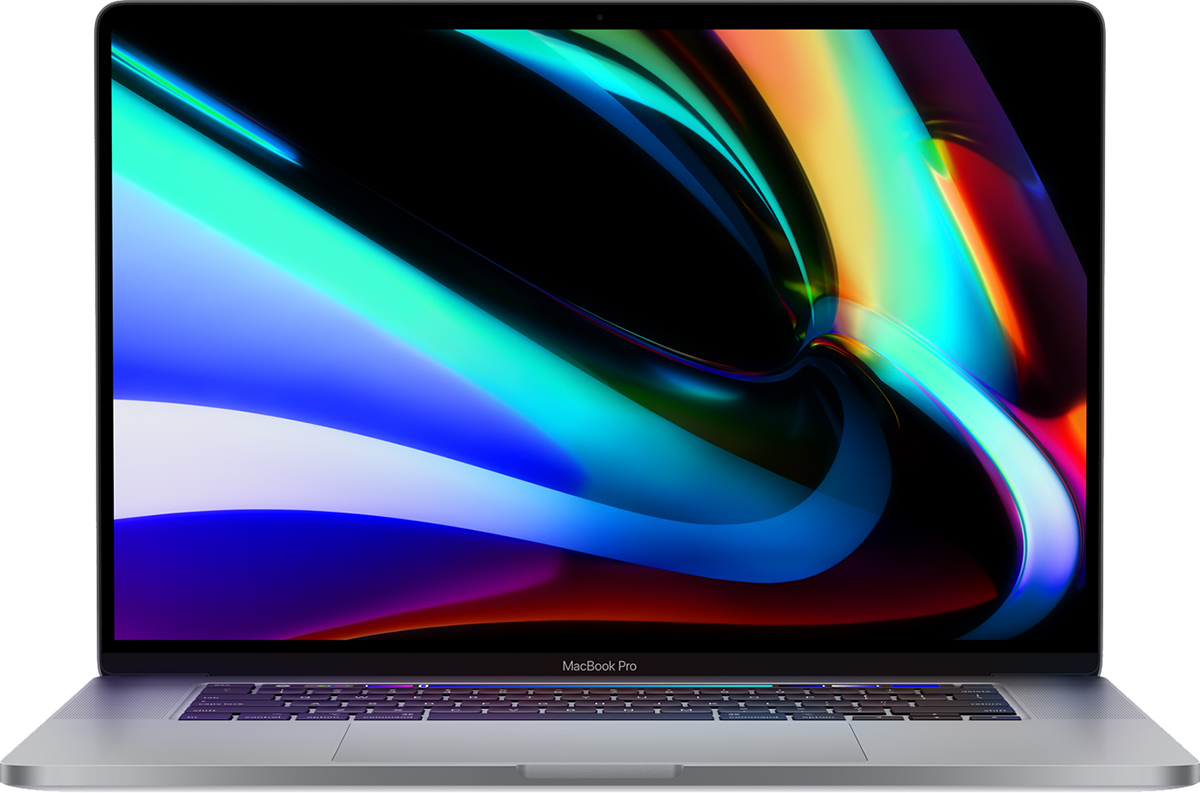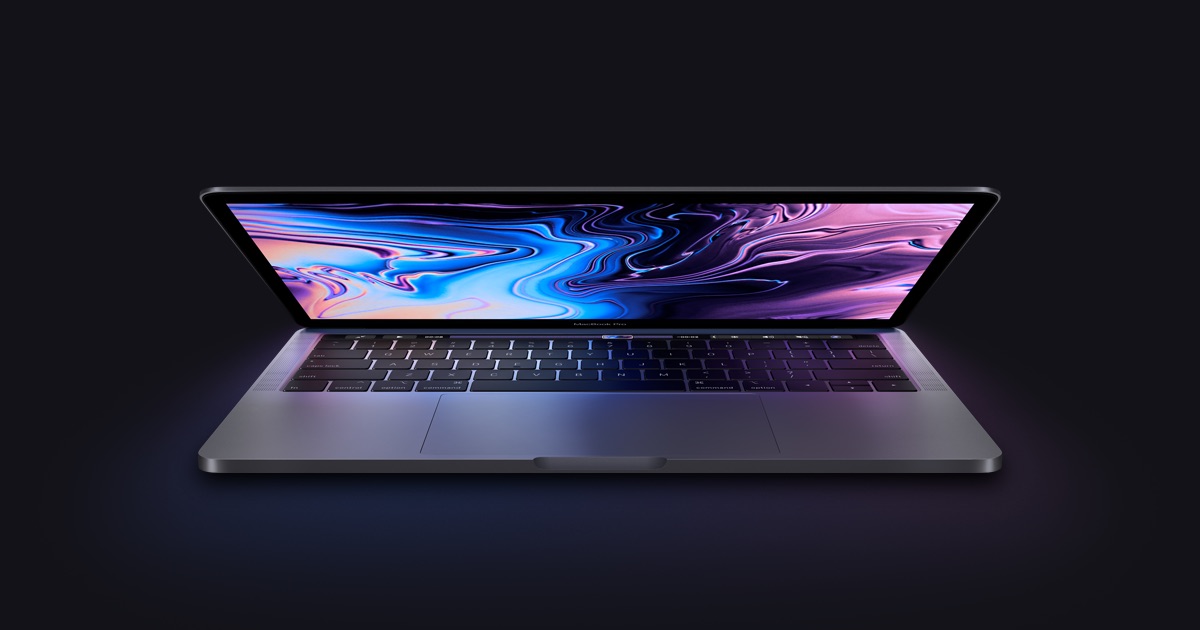Update, March 12 2020 (2:11AM ET): A European Commission proposal leaked last month, which would force companies to make batteries easier to replace (among other things). Now, the EU has launched the so-called Circular Economy Action Plan.
“Value is lost when fully or partially functional products are discarded because they are not repairable, the battery cannot be replaced, the software is no longer supported, or materials incorporated in devices are not recovered,” reads an excerpt of the EU document.
The action plan indeed pushes for smartphones, tablets, and computers to be designed for “energy efficiency and durability, repairability, upgradability, maintenance, reuse and recycling.” Furthermore, the EU is pushing for ‘right to repair’ regulations.
Read: Best smartphones with a removable battery
Hardware isn’t the only focus, as the action plan also calls for “a right to update obsolete software.” This is a pretty big deal, as there are loads of Android devices out there that aren’t running the latest updates by any measure. It’s unclear what form this would take though, but XDA suggests it could be a case of manufacturers unlocking the phone’s bootloader when it reaches end-of-life status.
The Circular Economy Action Plan also pushes for more changes, including a common smartphone charger, more durable charging cables, and a take-back scheme for old devices and chargers.
Original article, February 25, 2020 (6:26AM ET): The vast majority of smartphones these days have sealed batteries, making it difficult to switch to a new pack. But the EU might be working on a plan to change things.
According to Het Financieele Dagblad (via XDA-Developers), the European Commission is working on a proposal that will force companies to make batteries easier to replace. The proposal, apparently set to be presented in mid-March, is said to target smartphones, tablets, and wireless earphones.
The proposal will also push for more product recycling, the re-use of raw materials, and sustainable production in general. It’s believed that the EU is also pushing for manufacturers to offer longer guarantee periods and easier access to repair information.
The EU plan also calls for more recycling of product packaging, adding that they want to see a reduction in the use of micro-plastics. In fact, the proposal suggests that manufacturers put a label on their package to disclose how many micro-plastics are released into the environment when using their products. Another initiative in the proposal include a push for an EU collection system for old phones, tablets, and chargers.
We’re glad to see the EU push for easier battery replacements in smartphones, as battery degradation is one of the main issues with old phones. And in Apple’s case, it also throttled older iPhones when battery degradation crossed a certain threshold, so a replacement could have speed implications as well.
The one major advantage of sealed batteries is that it helps to deliver a water and dust resistant smartphone. It doesn’t seem like the EU is calling for a ban on sealed batteries though, but rather barring practices like gluing batteries in place that make the replacement process more challenging. In fact, the European Commission previously advised phone brands to steer clear of using glue back in 2017.
More posts about smartphones
from Android Authority https://ift.tt/383gNJL










